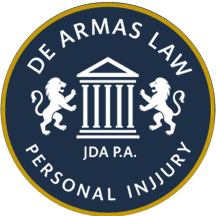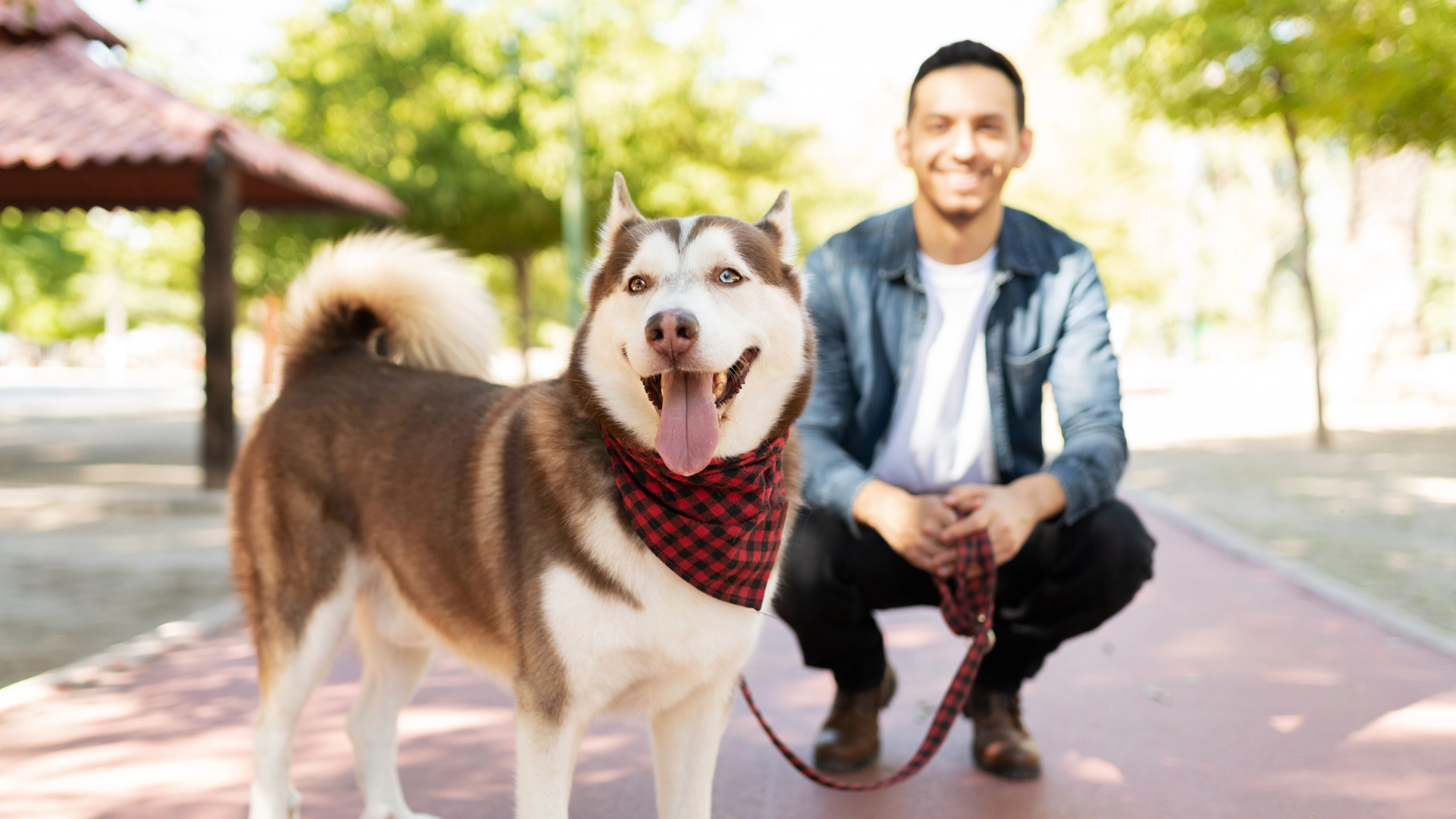Key Takeaway: Florida’s new Pam Rock Act strengthens responsibilities for dog owners, creates stricter safety requirements for dangerous dogs, and provides greater protection for victims across Tampa, Orlando, and throughout the state.
No one expects a routine afternoon to end in tragedy; yet in Tampa and Orlando, families, neighbors, and even devoted pet owners have all felt the ripple effects of preventable dog attacks. Whether you’re a dog owner concerned about compliance or a victim seeking justice, Florida’s new Pam Rock Act brings significant changes that impact your rights and responsibilities, and aims to create safer communities.
What Is the Pam Rock Act and Why Was It Passed?
The Pam Rock Act (HB 593) became law on July 1, 2025, named after Pam Rock, a beloved Florida postal worker who tragically lost her life in a dog attack. This heartbreaking incident prompted lawmakers to close dangerous loopholes in existing dog bite statutes and to create stronger protections that hold negligent dog owners accountable for dog attacks against Florida victims.
How Does Florida Define a Dangerous Dog?
Understanding what constitutes a “dangerous dog” under the Pam Rock Act is important for both owners and potential victims, as it provides the legal framework for enforcement and penalties. As per Florida Statute 767.11, a dangerous dog:
- Has aggressively bitten, attacked, endangered, or inflicted severe injury on a human being on public or private property.
- Has more than once severely injured or killed a domestic animal while off the owner’s property.
- Has, when unprovoked, chased or approached a person upon streets, sidewalks, or public grounds in a menacing fashion or attitude of attack, provided such actions are attested to in a sworn statement by one or more persons and dutifully investigated by the appropriate authority.
Did You Know? Even a single serious incident of aggression can classify a dog as dangerous under Florida law. Reporting early signs of aggression helps keep your community safe.
Who Does the Pam Rock Act Affect in Tampa and Orlando?
This law focuses on dangerous behavior regardless of breed, establishing new protections that affect:
- Dog owners who know their pet shows aggressive tendencies.
- Victims of dog bites are seeking fair compensation.
- Communities working toward safer neighborhoods.
- Animal control authorities with enhanced enforcement powers.
The Pam Rock Act requires responsible ownership when aggressive behavior is known, especially critical in Tampa’s densely populated neighborhoods with high pet ownership rates.
What Are the Key Requirements for Dog Owners Under the Pam Rock Act?
Immediate Owner Responsibilities
- Owners who have knowledge of their dog’s dangerous propensities must securely confine the dog as if it had already been officially classified as dangerous.
- Animal control must hold dogs during dangerous dog investigations if the dog has killed a human or has bitten a human, causing injuries that score Level 5 or higher on the Dunbar Bite Scale.
- Owners will receive a dangerous dog determination and any final rulings via certified mail.
Long-term Compliance Requirements
- Dangerous dogs must be microchipped and spayed/neutered.
- Owners must carry at least $100,000 in liability insurance.
- Mandatory euthanasia for dogs scoring Level 5 or higher on the Dunbar bite scale.
- Full disclosure to future adopters about bite history and dangerous classification.
Key Point: Owners have the right to a hearing to contest dangerous dog classifications, but failing to comply with the Pam Rock Act can mean criminal penalties under Fla. Stat. 767.13 and significant fines.
What Should Dog Bite Victims Do Under the New Pam Rock Act?
If you or a loved one has been attacked, your immediate actions can seriously affect both your recovery and your legal case. Here’s what you should do:
- Seek medical attention immediately and document all injuries, no matter how minor, as these may leave permanent scarring or become infected.
- Report the bite to local animal control within 24 hours to create an official record.
- Photograph wounds, torn clothing, and the attack scene as visual evidence strengthens your claim and documents the incident’s severity.
- Collect witness contact information, as these individuals can verify the attack and recount the dog’s aggression.
- Preserve all physical evidence, including bloodied clothing and medical records related to the attack.
- Avoid speaking with the dog owner’s insurance company, as they may try to get you to accept fault.
Important Deadline: In Florida, you have only two years from the date of a dog bite to file a personal injury lawsuit. Act quickly, as insurance companies may try to use delay tactics to weaken your case. Securing experienced legal representation from the start helps ensure you do not miss this crucial deadline and protects your right to pursue full compensation.
Looking For Justice After a Dog Attack in Tampa or Orlando, FL?
Dog attacks can turn your life upside down with physical injuries, emotional trauma, and mounting medical bills. At De Armas Law, we provide what every victim deserves: direct access to personal cell phones, family-like treatment, and no fees unless we win.
You’ve already taken the first step by learning about the Pam Rock Act. Now take the next step toward getting the justice and compensation you deserve. Call De Armas Law for a free consultation: Tampa: 813-680-7777 | Orlando: 407-362-7777 – available 24/7 because your recovery can’t wait.
Disclaimer: The information contained herein is for informational purposes only, does not create an attorney-client relationship, and is not intended, and should not be relied upon, as legal advice. We strive to ensure accuracy but some information may become outdated or no longer applicable. Legal outcomes vary based on individual circumstances. Past results do not guarantee the same or similar outcomes.






